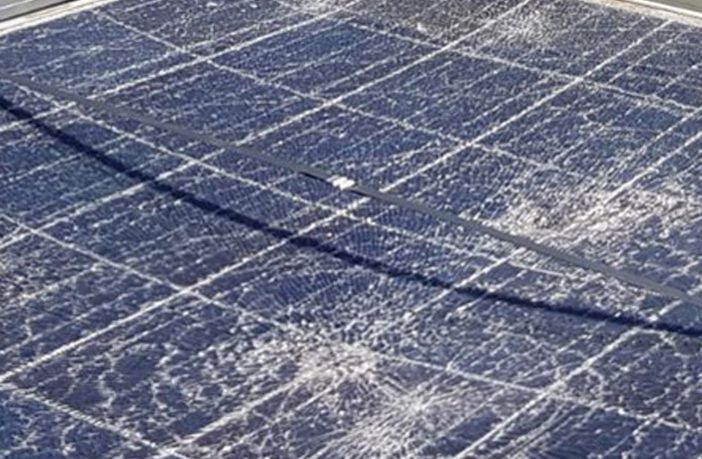- Illegally re-badged panels were sold on to Senegal, Burkina Faso, Nigeria, Morocco, Mauritania, Turkey and even Syria.
- Italian authorities found 60 tons of panels which will be examined.
Italy’s Carabinieri Command for the Protection of the Environment has seized a €4 million waste treatment plant near Catania, in Sicily, on suspicion panels sent there for recycling were smuggled on to African and Middle Eastern markets.
The Ministry of the Environment has announced thousands of panels sent for recycling from solar plants in Italy were instead re-badged with false labels and exported to new markets. The racket was uncovered by the carabinieri’s Operation BlackSun. “About 60 tons of solar panels were also found on which investigations will be conducted to verify the regularity of the storage, treatment and recovery operations,” the ministry added.
The owner of the recycling plant, whose name was not released, was arrested on January 23 on an arrest warrant issued by the investigating magistrate of the Perugia court on charges of being one of the main perpetrators of a criminal association aimed at illicit cross-border trafficking of waste, money laundering, counterfeiting, alteration or use of trademarks and other illegal conduct, the Italian government said.
Syria
The carabinieri said counterfeited panels were smuggled to Senegal, Burkina Faso, Nigeria, Morocco, Mauritania, Turkey and even Syria.
Bertrand Lempkowicz, from the PV Cycle recycling organization maintained by the solar industry, said the EU’s Waste Electrical and Electronic Equipment (WEEE) directive authorizes re-use of modules and a lack of legal detail in some territories can leave loopholes which can be exploited by recycling entities. “It is obvious that PV Cycle does not support this practice, simply [that]there are no guidelines strictly defining what is a second-hand photovoltaic panel or a re-used panel,” Lempkowicz told pv magazine. “When is a panel considered waste or second hand? The vagueness of this question is too great.”
EU electronic waste regulation requires all manufacturers supplying products to the bloc to finance collection and recycling of end-of-life products. Solar panels were added to the scope of the WEEE directive in 2012.
Author: Emiliano Bellini
This article was originally published in pv magazine and is republished with permission.















